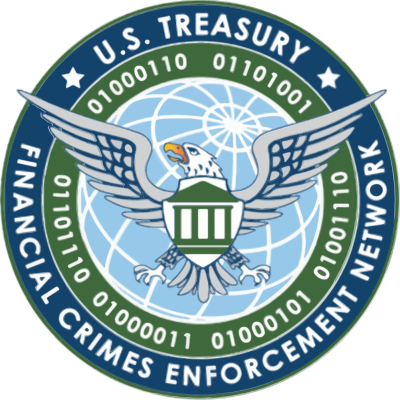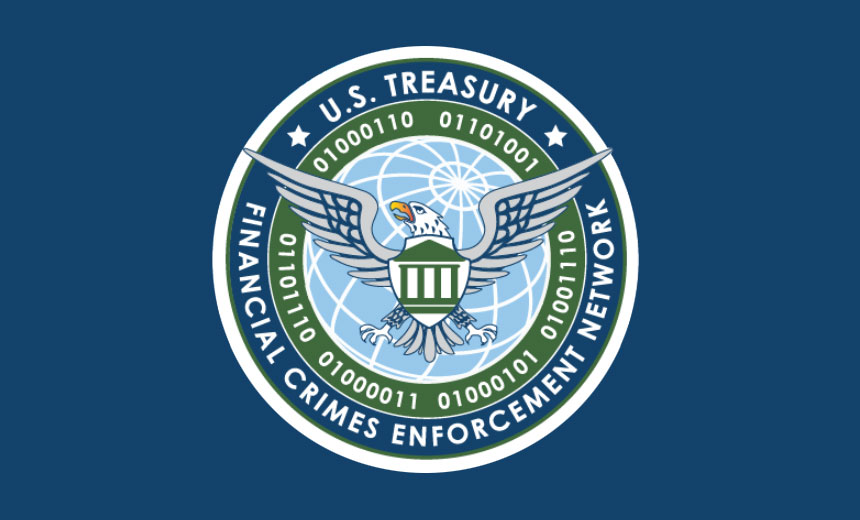Dutch Banks Bring in new fees for money laundering checks
Companies, foundations and churches are being asked to pay additional banking fees to cover the cost of money laundering investigations, broadcaster NOS noted on Tuesday. ABN Amro, ING and SNS have already introduced the new fees and Rabobank will follow on next week, NOS said. Banks say the monthly charge is needed to pay for the extra checks they have to make for money laundering and funding terrorism. ‘The cost for banks have risen considerably in recent years,’ Helène Erftemeijer from the Dutch banking association said. ‘Some 13,000 people are involved in this sort of research and the increasing costs…
















